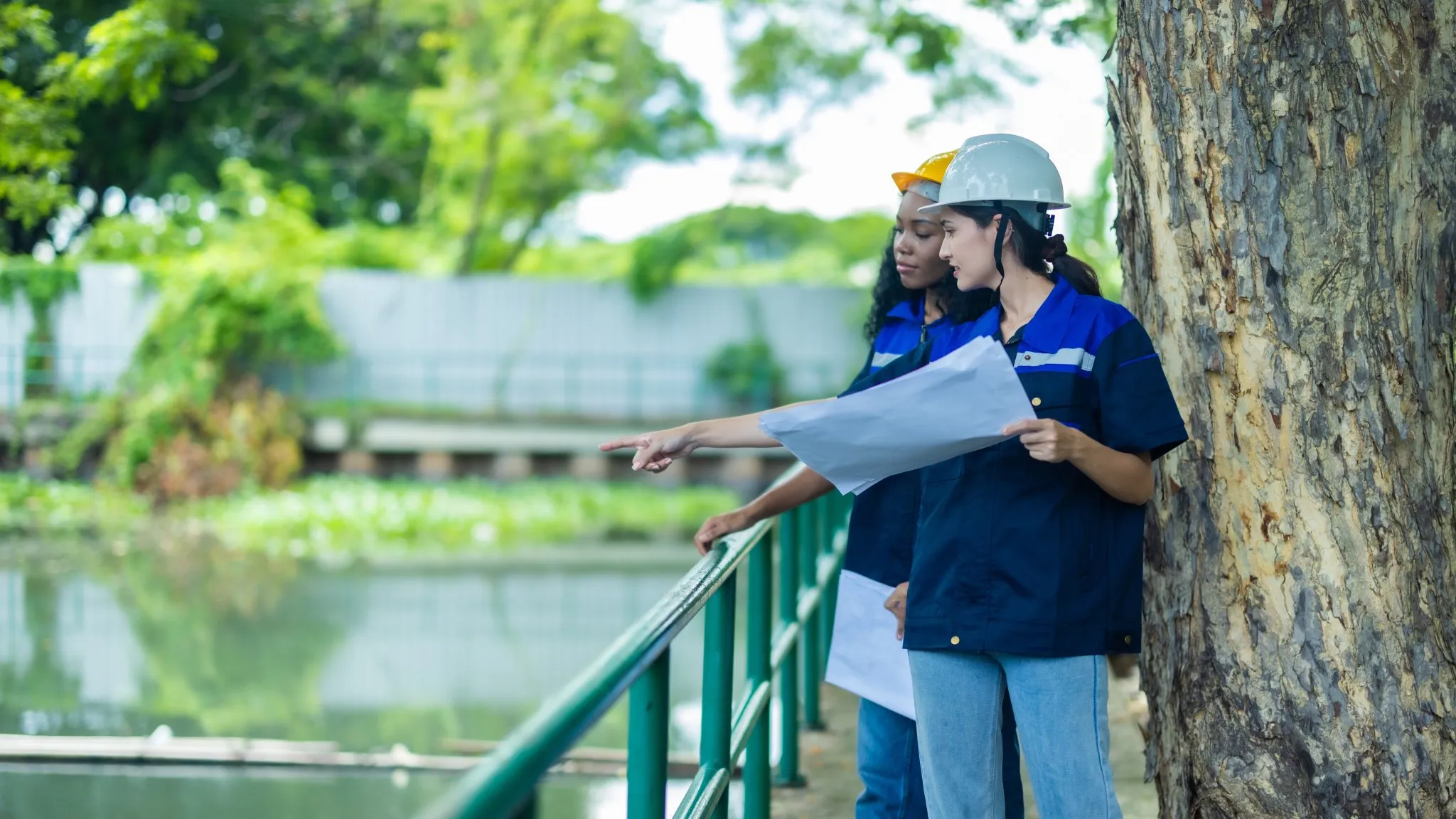Expert Consultation for Vector Control
Consultation services for vector control provide valuable expertise in identifying and managing vector-related issues. These services often involve a thorough assessment of a property or region to pinpoint breeding sites, such as stagnant water sources, and evaluate the risk of disease transmission. Experts guide clients through creating effective management plans tailored to the unique conditions of their area. Consultation typically includes advice on choosing the right control methods, whether chemical, biological, or environmental, ensuring that strategies are both effective and environmentally responsible. This professional input helps mitigate the impact of vectors while prioritizing public health and safety.
Training for Effective Vector Control
Training services are essential for equipping individuals or teams with the knowledge and skills necessary to implement vector control programs effectively. These training sessions often cover topics like vector identification, life cycle understanding, and the application of various control measures, such as larvicides or adulticides. Participants learn best practices for reducing breeding sites, safe pesticide application, and monitoring techniques to ensure ongoing control. Training is tailored to different sectors, including local governments, pest control professionals, and community organizations, ensuring that everyone involved is well-prepared to handle vector-related challenges.
Benefits of Consultation and Training Services
The combination of expert consultation and comprehensive training ensures a well-rounded approach to vector control. For organizations, municipalities, and even homeowners, having access to these services provides a clear, actionable plan for reducing vector populations and preventing the spread of vector-borne diseases. By learning to identify vector habitats, control populations proactively, and apply solutions safely, communities can avoid health risks while maintaining environmental balance. Additionally, continuous support and updates from consultation services ensure that control measures remain effective, adapting to changing environmental conditions and pest behaviors.

